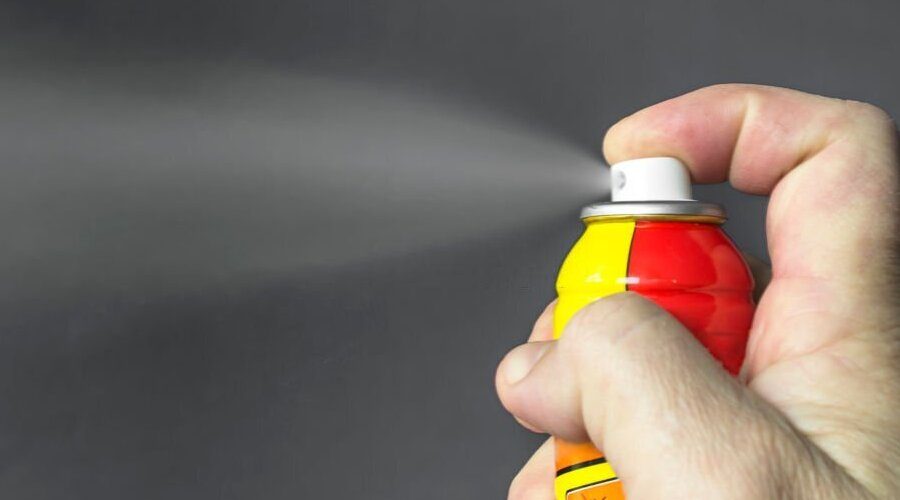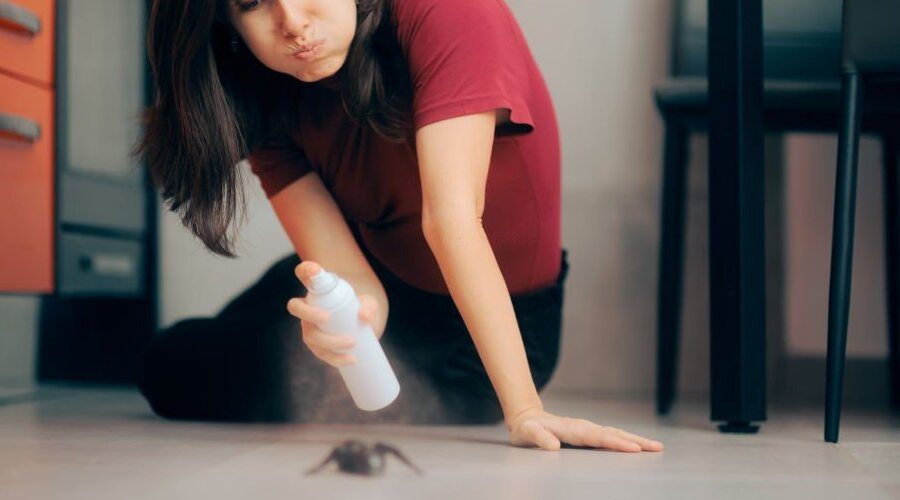The Hazards of DIY Pest Control
The Hidden Dangers of DIY Pest Control: Why Professional Help Matters
You’ve spotted a nasty cockroach scuttling across the kitchen floor, or maybe an ant invasion in your beloved garden.
Your first thought? A DIY pest control practice.
But several studies and homeowner experiences sound a note of caution against self-driven extermination methods.
The dangers associated with DIY pest control methods add up faster than you think, making Pro Pest Control an option worth considering.
1. Application Mishaps
Think about mixing lemon juice and baking soda. If you do not get the proportion just right, your homemade cleaner won’t work well. Now amplify this simple mix-up to attempting to concoct pesticides at home. You are dealing with actual poisons that can harm much more than pesky pest infestations if misapplied.
The lack of specific knowledge about different species’ habits and vulnerabilities could result in ineffective applications. This makes these critters even harder to eliminate further down the line. Plus, some pests like mosquitoes and ants require unique extermination methods beyond classic sprays or baits. This a hot tip that only seasoned professional pest control service provider would know.
2. Excessive Use of Pest Control Products
If we think more is better when it comes to adding cheese to pizza, then chances are that same mentality might sneak its way into how much pesticide we use. It’s easy to fall into the trap of overusing harsh pest control products. Simply because we assume it’ll wipe out the nuisance more effectively.
Excessive doses may not necessarily kill more bugs. Rather, it poses serious health hazards for you and your family, and pets alike. This is from allergic reactions to chronic health issues. On top of that, over-sprayed products also pose environmental risks and costly damage by contaminating bodies of water. This can also damage non-target wildlife species.
3. Unexpected Hazards
Pesticides are complex chemicals designed to eliminate pest infestations like rodents, termites, and cockroaches. Misused or overused chemicals could harm more than just bugs. They can cause skin rashes, breathing problems or even poisoning for the person in the house. Perhaps even more chilling, we may inadvertently disrupt the food chain by harming beneficial insects like bees and butterflies.
4. Insufficient Protection
Professional pest control service person requires wearing proper equipment. Some of these are gloves and masks which most DIY project enthusiasts might not have handy around the house. Also, handling pesticides without such gear increases your risk of exposure. Imagine those unseen particles making a harmful pit stop at your skin or lungs – scary, isn’t it?
5. Unsafe Storage Practices
Most of us wouldn’t intentionally leave dangerous substances within a child or pet’s reach. Plus, extreme temperatures or moisture can alter their efficacy and safety over time. This means you may create larger problems down the line by using ineffective treatments.
6. Misinformation and Misguidance
There’s quite a heap of do-it-yourself guidelines out there floating about the internet on pest control. But here’s the kicker. Not all are accurate or safe. The web isn’t exactly choosy when displaying clashing info or dodgy advice. It might not seem a big deal until that miracle mix you found to kill invasive pest infestations. This ends up causing skin irritation, airway trouble, or worse. This spreads dangerous fumes throughout your home.
7. Unfulfilling Outcomes
You’ve crafted your DIY pesticide cocktail. You spray it with gusto declaring war against those pesky invaders. Yet sadly, after weeks, they’re still partying inside your house like they own the place. Non-professional remedies often lack the potency needed for total elimination. This can lead to more time spent cleaning up soirees of pests.
8. Dealing with Resistant Pests
Especially tenacious critters have grown resistant over time due to repeated exposure to common pesticides. Indeed my friend, honey bees and bed bugs have joined the military-grade resistance team. This poses a more complex issue than usual.
9. Bites and Stings
Having pests around can really make your skin crawl. But rushing into a battlefield armed with cans of insecticide without proper knowledge isn’t ideal either. An angry wasp stung because you sprayed the nest improperly might sting harder than anticipated. Moreover, the aftermath of unsuccessful DIY pest control project can leave you nursing painful swellings. It can also cause breakouts depending on the type of critter you met in combat.
10. Health Concerns
Those commercial pest sprays aren’t just dangerous for the roaches they’re designed to kill. They could pose risks for us, too. There are pesticide poisoning cases each year. This is due to improper handling or overuse of chemicals in pursuit of eliminating freeloaders at home. These poisonings manifest as sudden headaches, nausea, and dizziness.
FAQs
Can’t I just follow tutorial videos accurately?
Each pest has unique behaviours and require specific targeted methods to eradicate effectively. Without proper expertise, your efforts might instead enable them to multiply rapidly. It can also push their colonies deeper into hiding within the house structures.
How about if I use natural remedies often recommended online?
Certain ‘natural’ solutions like essential oils pose health risks if not properly diluted or can provoke allergic reactions. Although they seem friendlier for humans and pets alike. Also, most remedies do not provide effective long-term results against pest recurrence.
Are professional exterminators worth the cost?
Absolutely. A professional pest control service provider is trained to understand how pests behave and know where to apply products for maximum efficiency. This is with minimal risk to your health or ecosystem. They may seem pricey at first glance. But consider it an investment towards a comfy pest-free home and peace of mind.
Conclusion
Pests are more than just unwanted guests.
They can often pose serious threats to your health and household integrity.
It’s natural to want to handle it yourself for quick respite but remember.
Quick fixes are always inviting a larger problem in disguise.
DIY pest control seems tempting but with possible dangers like chemical exposure, returning pests, unmanaged allergies, and wasted resources.
It simply isn’t worth risking your safety or your peace of mind.
Rest assured knowing you’re safe from pests without inviting additional risks into your sweet home.



